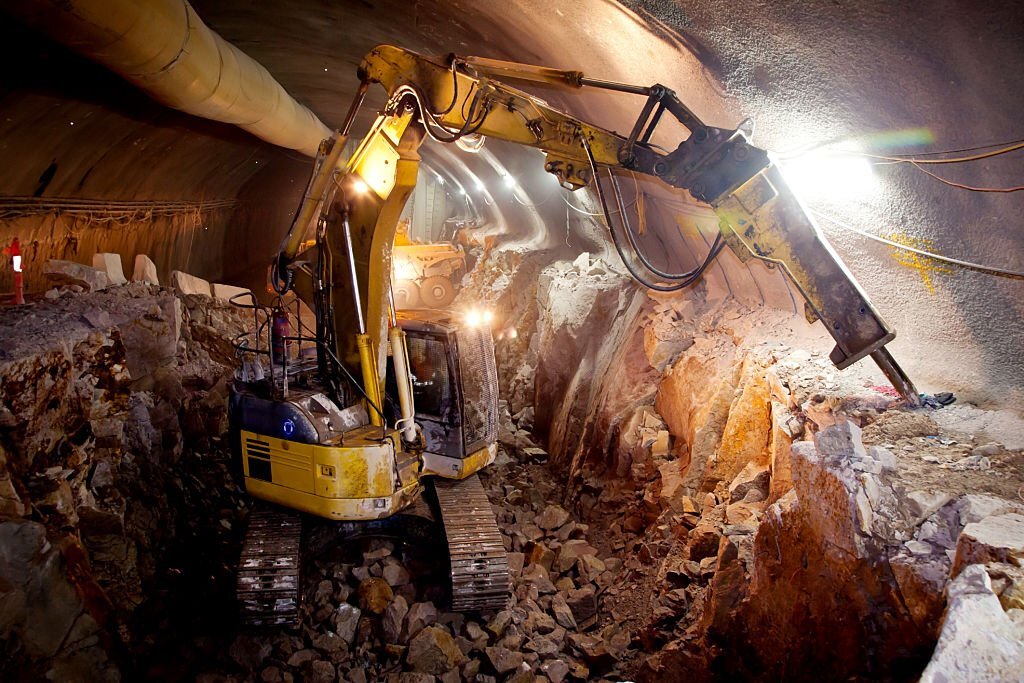
Introduction:
Operators of tunneling equipment are the backbone of underground construction, steering powerful machines through confined spaces and challenging environments. Their role is crucial to the success of tunneling projects, but it comes with a myriad of challenges unique to the underground realm. In this comprehensive article, we delve into the intricate challenges faced by tunneling equipment operators, exploring the complexities they navigate, safety considerations, and how their expertise contributes to the realization of ambitious subterranean projects.
Navigating Confined Spaces:
- Limited Visibility: Operators must maneuver equipment in confined spaces with restricted visibility, relying on sensors and cameras.
- Tight Tolerances: Precise movements are essential to avoid collisions with tunnel walls and other machinery.
- Elevated Risk of Accidents: Confined spaces increase the risk of accidents, requiring operators to be vigilant and focused.
Complexity of Tunneling Equipment:
- Diverse Machinery: Operators must master various types of tunneling equipment with unique controls and functionalities.
- Advanced Technology: Modern equipment integrates sophisticated technology that requires operators to adapt to new interfaces and automation features.
- Safety Systems: Operators must be proficient in using safety features and emergency controls to ensure worker well-being.
Safety and Health Considerations:
- Hazardous Conditions: Underground environments may have poor air quality, high temperatures, or potential exposure to hazardous materials.
- Emergency Situations: Operators need to be prepared to respond to emergencies, including equipment malfunctions and unforeseen incidents.
- Personal Protective Equipment: Operators must wear appropriate gear to protect themselves from potential hazards.
Coordination and Communication:
- Team Collaboration: Effective communication with other operators, supervisors, and workers is crucial to ensuring smooth operations.
- Traffic Management: Coordinating movements with other machinery and personnel requires constant attention.
- Language Barriers: Multinational projects may involve operators who speak different languages, necessitating clear communication protocols.
Environmental Challenges:
- Unpredictable Ground Conditions: Operators must adapt to varying geological formations that impact equipment performance.
- Water and Mud: Underground tunnels can be waterlogged or muddy, affecting traction and equipment stability.
- Extreme Conditions: Operators may work in extreme temperatures or humid environments, adding to the physical challenges.
Pressure of Project Efficiency:
- Strict Timelines: Tunneling projects often have tight schedules, putting pressure on operators to meet deadlines.
- Downtime Impact: Equipment breakdowns or maintenance can disrupt project flow and timelines.
Operator Training and Expertise:
- Specialized Training: Operators require comprehensive training to understand equipment controls, safety protocols, and emergency procedures.
- Experience Matters: Veteran operators bring valuable experience in handling challenging situations and optimizing equipment performance.
Innovations and Automation:
- Automation Integration: New technologies require operators to adapt to automation features and ensure their effective use.
- Remote Control: Remote operation capabilities are being integrated, demanding operators to master new interfaces.
Conclusion:
Operators of tunneling equipment are unsung heroes who navigate a complex labyrinth of challenges in underground construction. From confined spaces to the intricacies of modern machinery, their expertise and dedication drive the success of tunneling projects. The commitment to safety, communication, adaptability, and technical proficiency are hallmarks of these operators as they conquer the obstacles inherent to subterranean endeavors. As technology advances, the integration of automation and innovative safety systems will continue to redefine the role of operators, shaping the future of tunneling and ensuring that these skilled individuals remain at the forefront of underground construction achievements.

